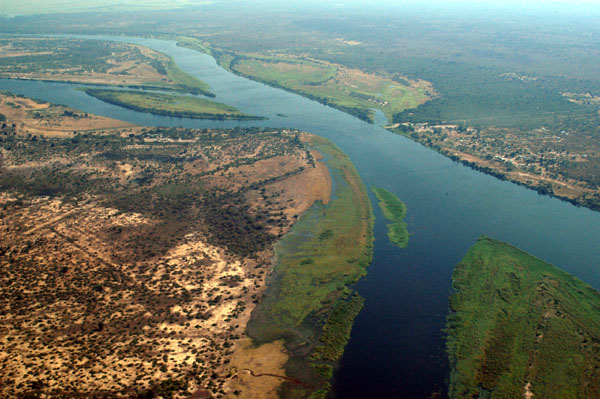The Matabeleland Zambezi Water Project (MZWP) is the sole responsibility of the Matabeleland Zambezi Water Trust (MZWT) and not the Matabeleland Collective, the grouping has clarified.
This comes after media reports that the government had handed over the project to the Matabeleland Collective, a network of Matabeleland-based civic groups and clergy.
MZWT had been working on the project for almost thirty years before the project was taken over by the government in 2012.
The handover of MZWP was made to the Matabeleland Collective and its technical partner MZWT in April after the grouping met President Emmerson Mnangagwa at State House in Bulawayo to deliberate on a number of issues affecting the region.
Currently, reports say the MWZP is still in its initial stages of implementation as only 10 percent has been completed and it is anticipated the project could be completed in three to five years if the required funds are acquired.
But, the handover raised questions as to whether the Matabeleland Collective had the capacity to undertake the multi-billion project given that successive government since 1912 had failed to implement MZWP.
“First of all the collective is not running it but MZWT is, in the same manner, the collective is not running individual organisations. Members of the collective have organisational sovereignty in the same manner MZWT has organisational autonomy yet is a member of the collective,” said Matabeleland Collective spokesperson Dumisani Nkomo in an interview with CITE.
“So it is not the collective, which is running the project but a member of the collective MZWT, which has been working on the project for almost thirty years before the government hijacked it.”
Nkomo noted there were a number of ways the project could be funded, although the government still has a duty to finance it.
“The government still has an obligation to fund the project through MZWT, which is a vehicle created by the people of Matabeleland over thirty years ago. There are a number of ways in which the project can be funded including through private-public partnerships,” he said.
According to earlier reports, current allocation by the government is $23 million while $3 billion is needed to complete the phase linking Bulawayo to the Zambezi River, including the Gwayi-Shangani Dam.
The spokesperson claimed MZWT had also explored other funding avenues of the multi-billion-dollar project.
“This has been through the methane gas concessions in Lupane valued at hundreds of millions and there has been long-standing interest from other countries such as Namibia and Botswana who are likely to have water crises of their own in ten years,” he explained.
It is believed the upstream and downstream impacts of the MZWP make it an internationally viable, bankable and investable project.
“Those who have opposed the MWZP have done so because it is one project that will trigger economic autonomy for Matabeleland region and contribute exponentially to the country’s Gross Domestic Project. It is not a welfare project but a multi-billion dollar project that will generate alternative energy, drive agro-industry and create 500 000 jobs in Matabeleland besides supplying water to Bulawayo,” Nkomo said.
He added that the Matabeleland Collective was facilitating the water project and “they don’t own the project”
“Already there is international interest because of the recognition in the economic potential of the project,” claimed the collective’s spokesperson.
When contacted for comment, MZWT Chief Executive Officer, Sarah Ndlovu, said she was not yet in a position to comment until she had concluded consultations with the government.
However, in February, Ndlovu was quoted saying a third of the Gwayi-Shangani Dam had been completed so far and in terms of scale, “the entire project is still in its initial stages as only 10 percent has been completed thus far.”

